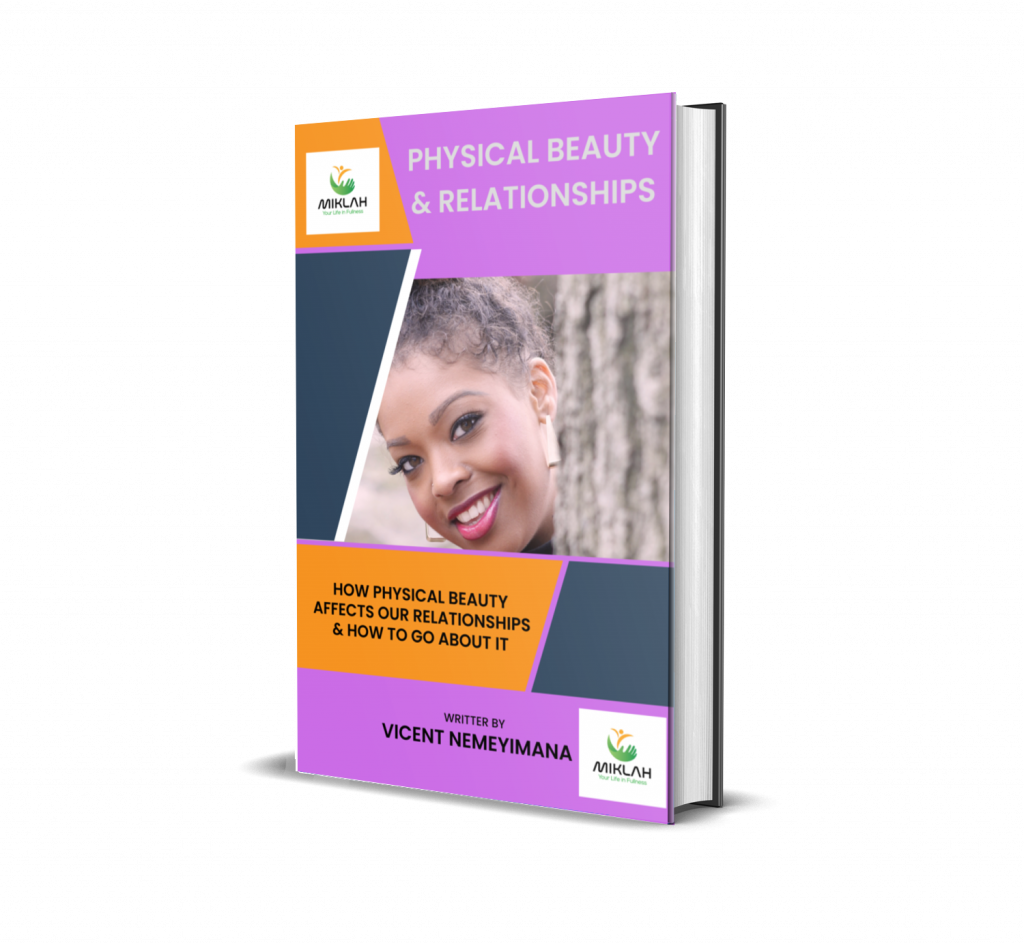Wanna Start Writing? 20 Tips For Becoming an Amazing Writer!
Writing down anything is one of the greatest things a human being can ever accomplish! I mean, when you write your thoughts, ideas, opinions, or stories down, you are sure your memory or legacy or contribution will remain for centuries, for generations!
Historically, says Ewan Clayton, writing has been essential to man’s civilization, for it communicated desires and needs and ensured preservation and progression of human culture and wisdom. Wait! Wouldn’t you want to be part of such a movement of writers?

In fact, keeping all other factors constant, every person should write something. It could be a fictional story, your own life story (autobiography), your thoughts and opinions (as expressed in blog posts and articles), your knowledge and new discoveries (as we see with researchers and scholars) or just anything, including your daily social media posts. Just start writing.
Importantly, as of today, you have no single reason why you shouldn’t start writing, for all that you need to accomplish that is within your reach no matter who you are! Still unsure if you should write anything? Here are 31 reasons why writing is important!
Do you wanna write now? Great! Well, writing is one thing. And becoming a good or an amazing writer is another! Become a good writer or an amazing one with these 20 tips:
20 Tips for Writing Well or becoming a Good Writer!

- Read Widely: One of the most effective ways to become a better writer is to read regularly and diversely. Explore various genres, styles, and authors. Pay attention to how they structure sentences, develop characters, and convey ideas.
- Write Regularly: Practice is key to improvement. Set aside dedicated time for writing, whether it’s daily, weekly, or a specific routine that works for you. The more you write, the more your skills will develop.
- Study Grammar and Style: While creativity is important, a solid grasp of grammar and style rules is crucial for effective writing. Review and practice grammar rules, punctuation, and sentence structure.
- Expand Your Vocabulary: A rich vocabulary allows you to express ideas more precisely and creatively. Make an effort to learn new words and use them appropriately in your writing.
- Outline Your Ideas: Before you start writing, create an outline or a plan for your piece. This helps you organize your thoughts, maintain a clear structure, and stay focused on your main points.
- Show, Don’t Tell: Instead of simply stating facts or emotions, use descriptive language and vivid imagery to show them. Engage the reader’s senses and emotions to make your writing more compelling.
- Edit and Revise: Writing is a process. After you’ve completed a draft, take the time to edit and revise your work. Check for clarity, coherence, and consistency. Eliminate unnecessary words and tighten your prose.
- Seek Feedback: Don’t be afraid to share your writing with others, such as writing groups, peers, or mentors. Constructive feedback can provide valuable insights and help you identify areas for improvement.
- Read About Writing: There are numerous books, articles, and online resources that offer tips and techniques for improving your writing. Consider reading books on writing by established authors or studying style guides.
- Experiment with Different Styles: Don’t limit yourself to a single style or genre. Try your hand at various forms of writing, such as fiction, nonfiction, poetry, essays, and more. Experimenting can help you discover your strengths and interests.
- Stay Persistent: Writing can be challenging, and you may encounter writer’s block or periods of self-doubt. Push through these obstacles and keep writing. Persistence is key to growth.
- Read Your Work Aloud: Reading your writing aloud can help you identify awkward sentences, repetition, and areas where the flow could be improved. It also allows you to hear the rhythm and tone of your writing.
- Learn from Feedback: When you receive feedback, be open to constructive criticism and use it as a learning opportunity. Don’t take it personally; instead, use it to refine your skills.
- Revise with Distance: After finishing a piece, set it aside for a while before revising. This distance can give you a fresh perspective and help you identify areas that need improvement.
- Write with Purpose: Consider the purpose of your writing. Are you trying to inform, persuade, entertain, or inspire? Tailor your writing style and approach to align with your intended outcome.
- Stay Inspired: Seek inspiration from everyday life, nature, art, conversations, and other sources. Keep a journal to jot down ideas, observations, and snippets of dialogue.
- Read Critically: Analyze and critique the writing you encounter. This can deepen your understanding of effective writing techniques and improve your critical thinking skills.
- Set Goals: Establish writing goals, both short-term and long-term. Whether it’s completing a specific project or improving in a particular aspect of writing, setting goals provides motivation and direction.
- Embrace Feedback and Rejection: Rejection and criticism are part of the writing journey. Use them as opportunities to learn and grow. Even the most renowned writers faced rejection early in their careers.
- Believe in Yourself: Confidence in your abilities is crucial. Believe that you have something unique to say, and trust in your voice as a writer.
Those are 20 tips for writing well. In case you need more, explore my presentation for those getting started with writing. You will love it.



